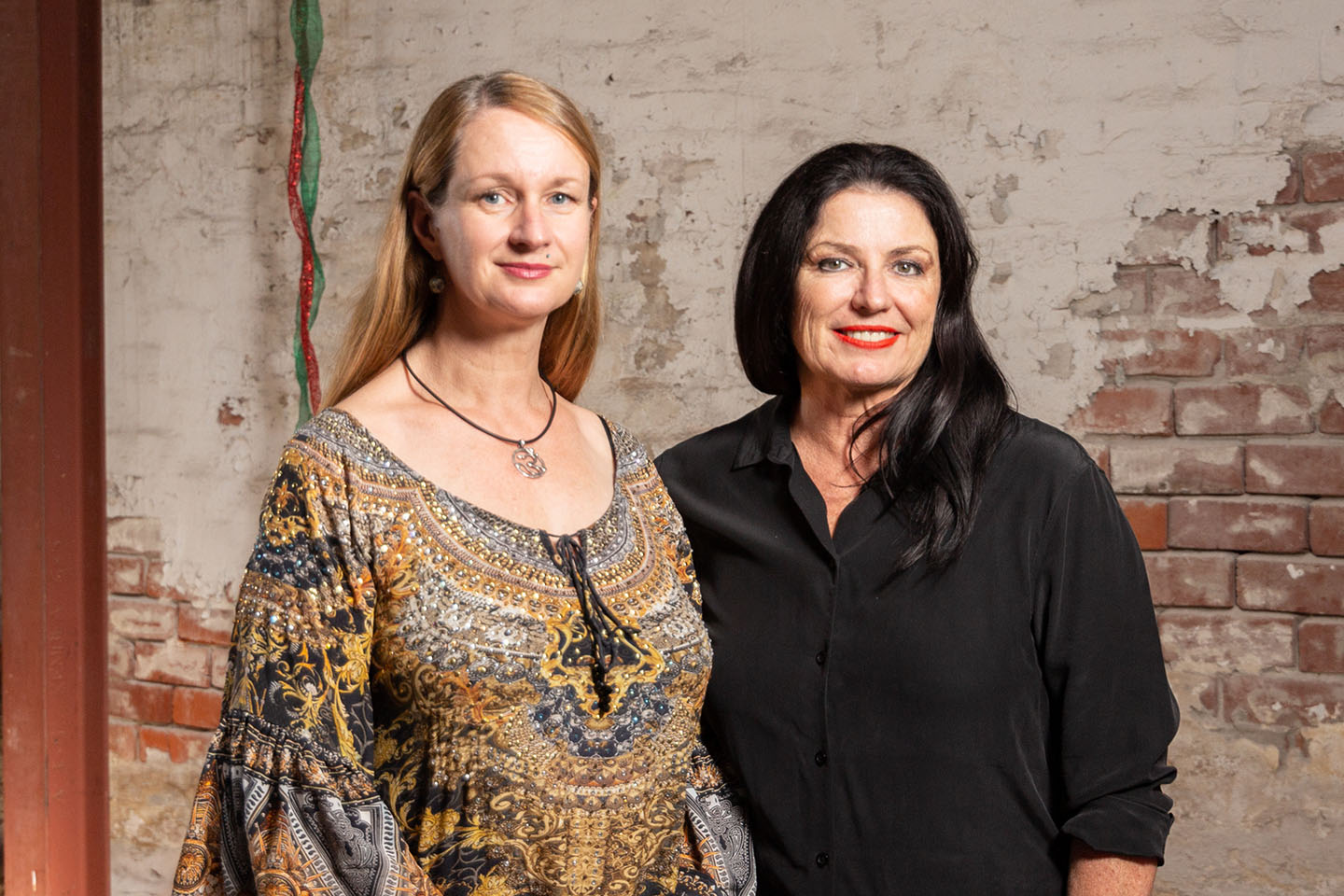WELLNESS@WORK: The ability to problem-solve and ensure an ongoing level of quality service are factors behind the growth of chemo@home.


The ability to problem-solve and ensure an ongoing level of quality service are factors behind the growth of chemo@home.
Pioneering business chemo@home has developed a strong market position for its niche healthcare offering, providing chemotherapy and other types of pharmacotherapy to patients in familiar surroundings outside of a hospital setting.
The chemo@home service involves prescribed infusions administered by specialist nurses who monitor patients for adverse reactions. For those being treated, receiving the infusions at home or work can be safer and more convenient.
Established in 2013 and based in North Perth, chemo@home is now a leading national provider of specialised mobile infusion services.
Managing director and co-founder Julie Adams saw the need for a mobile chemo service first hand when she was running a similar service in the public sector that was limited to a very small group of high-needs patients.
It was seeing other patients, who could have benefited from the service, turned away that started her on the path of entrepreneurship.
Ms Adams said the six years since she and her business partner, Lorna Cook, had launched chemo@home had been a period of rapid education about the business sector and how best to bring together complex bodies of knowledge.
But the partners are obviously growing into their roles (and gaining exposure for the business) with chemo@home having won several awards, including: a Business News Rising Stars award in 2016 (best startup, people’s choice); the emerging business excellence and innovation excellence categories at the Australian Institute of Management Pinnacle Awards (2016); and the growth category at the 2018 WA Innovator of the Year Awards.
In addition, Ms Adams was named WA Telstra Business Woman of the Year and WA Telstra Entrepreneur of the Year in 2016.
She told Business News one of the key ingredients in making chemo@home viable was a relatively recent change in federal government legislation that allowed insurers to offer benefits to members for treatment that prevented or substituted for hospitalisation.
Chemo and immunotherapy were included in the item numbers this applied to, and while little was made of it at the time, it opened the door for Ms Adams and Ms Cook.
It allowed chemo@home to partner with insurers such as BUPA, and let its patients know they had a choice about where they could have their cancer treatments and infusions.
Getting the support of oncologists and other specialists has also been critical, as they are the source of patient referrals.
The company’s strategy of employing specialist nurses and pharmacists has paid off in this regard. Making safety maximisation a company cornerstone has won it trust in Western Australia and enabled chemo@home to take over from less specialised businesses in South Australia two years ago and Victoria six months ago.
Now, Ms Adams and Ms Cook are keen to expand into NSW and Queensland, but the key challenge is managing the logistics – the organisational issues the hospitals struggled with.
“In each new place we have to grow our client base quickly because of the economies of scale,” Ms Adams said.
“If we are paying staff to be in an area, we need to maximise how much work they are doing and minimise their windows of downtime, but it is a chicken-and-egg problem with staff and customers.”
This kind of problem solving is now so central to the business that Ms Adams no longer describes chemo@home as a healthcare company; she now refers to it as a logistics company using IT to deliver healthcare.
Ms Adams’ work includes asset and fleet management, delivery of consumables to the point of care, efficient routing of staff to customers, and making all of that as slick as possible.
Marketing outreach has been another major challenge for the company.
“We don’t have a prominent geographic base or a shop front, so we have had to make ourselves known in other ways,” Ms Adams said.
She said the business awards chemo@home had entered was a low-budget (and ultimately successful) way to increase its visibility.
Ms Adams said winning awards provided valuable introductions to people who had been generous with time and advice.
She was also grateful for assistance provided by the Small Business Development Corporation in 2012.
“They introduced us to our lawyer, accountant and insurance broker and we are still working with those people today, so it was enormously helpful.”
As well as having an award-winning focus on customer safety, the company ethos includes environmental standards and staff welfare considerations.
To ensure buy-in to the corporate culture, Ms Adams asks potential job applicants to read the chemo@home ‘vision and values statement’ before even submitting an application.
In addition, chemo@home uses business coaching and communication tools provided by a company called Adapt by Design to regularly review staff satisfaction and gather feedback that can be used to improve business practices and staff engagement.
This process generates a happiness index, which Ms Adams calls “a great way of measuring success”.
Asked about her own happiness, she said she was pleased with how well the business was going, was thrilled about the next steps of expansion into the east coast markets, and excited about the company’s potential to ultimately unpick the centralisation of healthcare. υ






